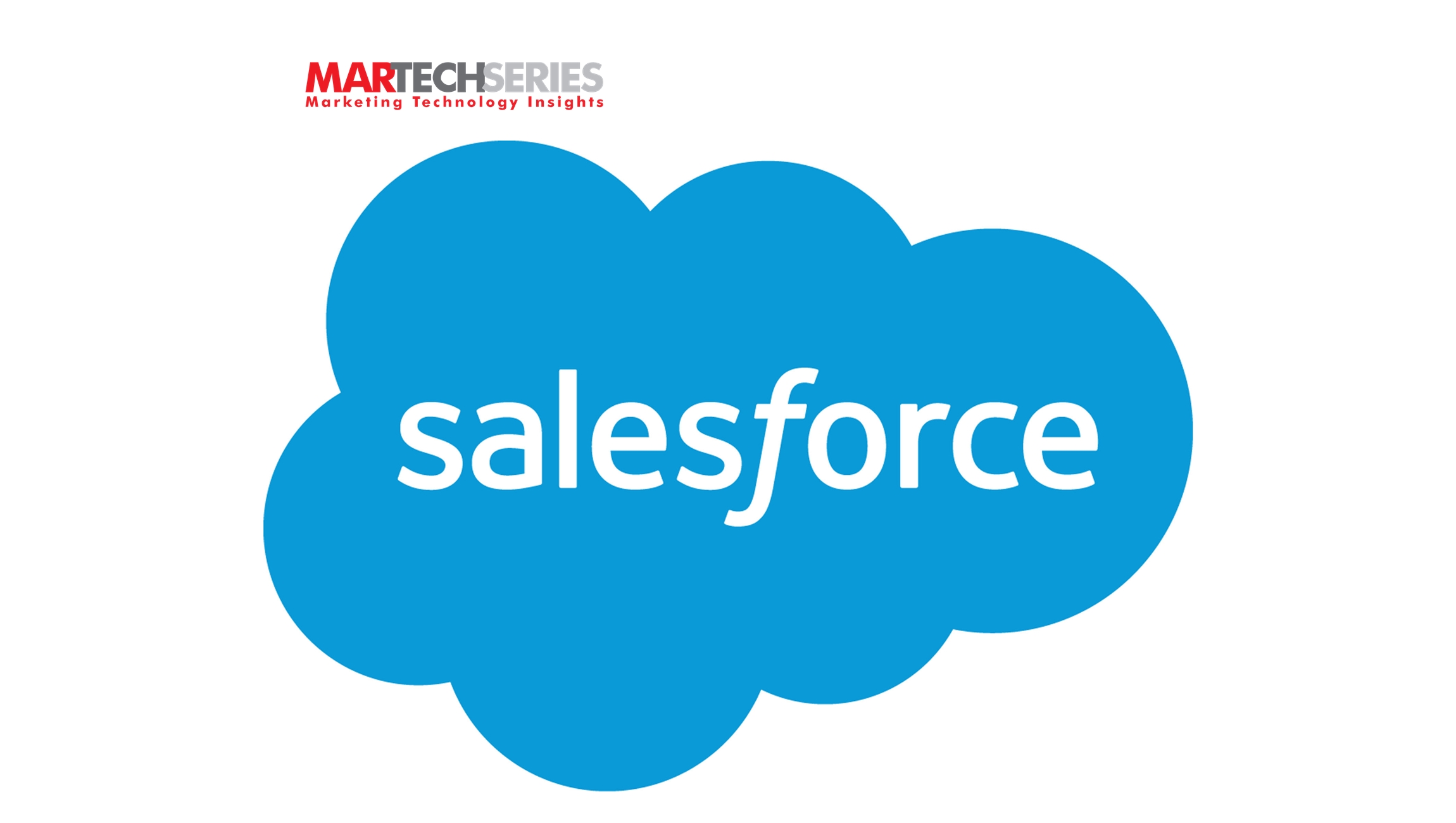Salesforce has become one of the largest and most popular cloud platform providers in the world, and for 18 years, users have leveraged their marketing automation and CRM software to gain an edge over competitors. But when considering the advantages of using Salesforce, it’s important to take a step back and realize that Salesforce is only as useful for an organization as what goes into it. In other words, it’s really about data. Salesforce is a repository of information and a record of what your company has done. That information can be analyzed to inform what it should do in the future. The data in Salesforce is one of your organization’s most valuable assets, which is why data management is so important.
Recommended Read: Salesforce Einstein Analytics Drives Shazam to Achieve 752% Rise in ROI
How One Company Solved Its Data Management Problems
Day-to-day data management is a chore, which is why so many companies struggle with it. They need to implement better data management in order to resolve specific business challenges, but sometimes that is easier said than done.
Wolters Kluwer, a global information services company providing software and services to companies across many industries, had two main pain points they were trying to address: uncovering cross-sell opportunities for sales and tracking missing documents for compliance purposes. The first presented itself because it was hard for representatives to recognize which accounts were not yet using all appropriate products across a multi-product portfolio. Finding this information required time-intensive, ad hoc reporting, and the reps just didn’t have the bandwidth to do so. Wolters Kluwer also needed a method to locate records in Salesforce where necessary information was missing in order to remain compliant, but they had no way to do that. The company was looking for a way to resolve these issues without completely overhauling its processes.
Wolters Kluwer turned to ActionGrid to help uncover meaningful, actionable data for their sales team. The solution gave them an easy way to check Salesforce records for missing contracts, so they could track down the documents needed and associate them with the record. By providing automated data entry and report views, sales reps had instant access to upsell and cross-sell opportunities, which gave them back 25 hours/week as a team that they could use for selling, rather than pulling data. To solve their compliance-related issues, Wolters Kluwers no longer had to dig through endless piles of data and instead relied on weekly reports to flag any potential problems. To call attention to compliance concerns, these reports revealed weekly closed opportunities with no attachment across unrelated objects, making incomplete records easy to spot and remedy and saving the operations team upwards of 16 hours/week.
Read Also: Salesforce Positioned as a Leader by Independent Research Firm
Data Management Makes All the Difference
Wolters Kluwer is a tangible example of how effective data management saved a company both time and resources. In reality, any company using Salesforce can see almost immediate improvements if they implement and stick with a data management solution that helps them better manage their CRM system. When it comes to the sales team, time is money. Finding a solution that will save business hours and resources will yield immediate, visible results that will positively impact your bottom line.












Comments are closed.